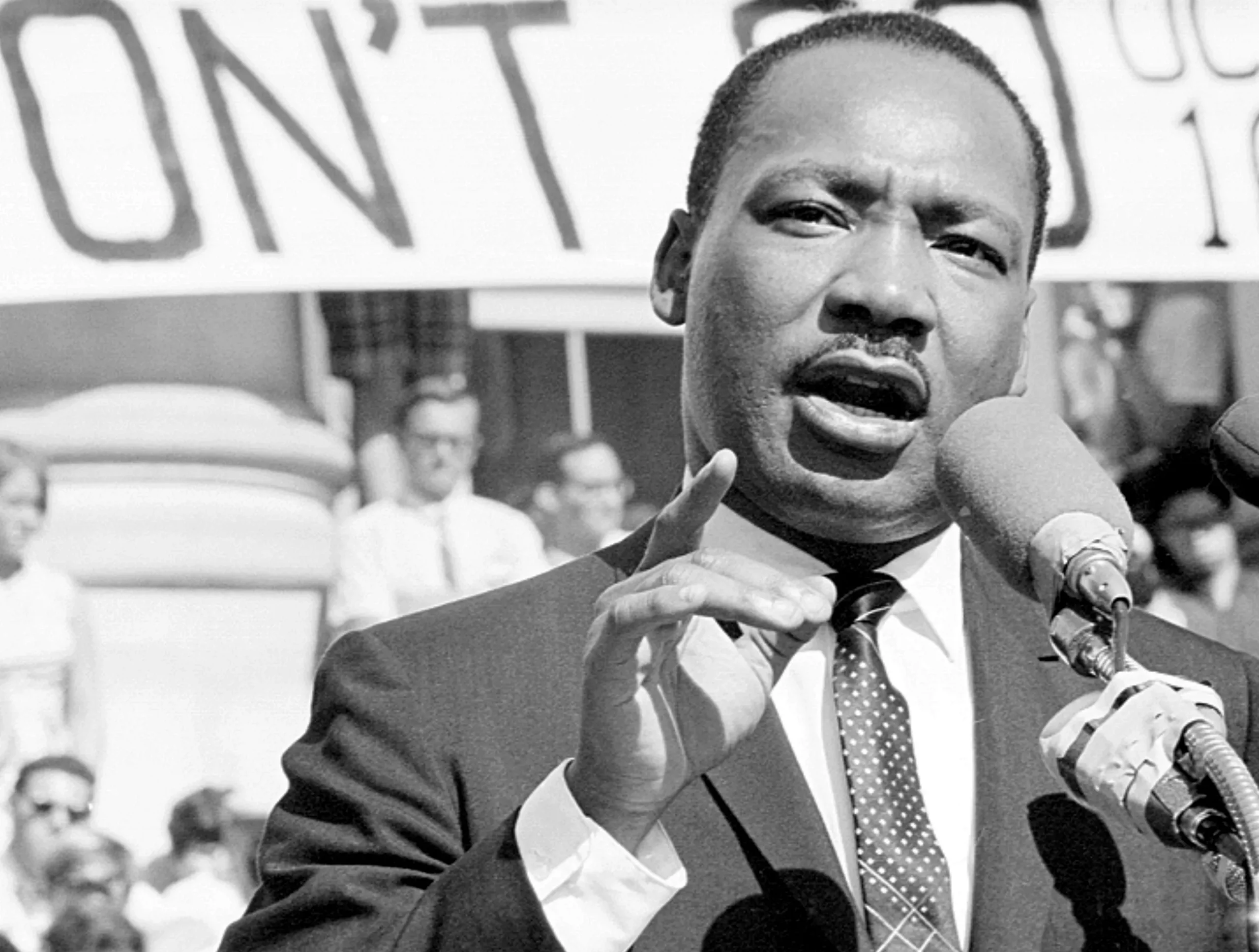Honoring the Legacy: Why MLK Day Matters More Than Ever in 2025
In the heart of a nation still grappling with deep-rooted social challenges, Martin Luther King Jr. Day stands as a powerful reminder of the ongoing journey toward equality and justice. As we approach January 20, 2025, the significance of this day resonates more profoundly than ever before, bridging historical struggles with contemporary social movements.
Dr. Martin Luther King Jr.’s vision continues to inspire generations, challenging Americans to confront systemic racism and pursue meaningful social change. The National Day of Service established in his honor has transformed from a simple commemoration to a dynamic platform for community engagement and social activism.
A Legacy of Transformation
The holiday, first recognized as a federal observance in 1983, has evolved dramatically over the decades. What began as a recognition of one man’s extraordinary leadership has become a national movement of collective responsibility. Young activists today draw direct inspiration from King’s nonviolent approach, adapting his principles to modern social justice movements.
Key Dimensions of MLK Day’s Significance:
- Historical Reflection: Commemorating the civil rights movement’s achievements
- Community Service: Encouraging active civic engagement
- Educational Opportunity: Promoting understanding of racial justice
- Ongoing Activism: Addressing contemporary social challenges
Organizations across the country are reimagining how King’s legacy can address current inequities. From healthcare disparities to economic justice, his teachings provide a framework for understanding and addressing systemic challenges.
“Injustice anywhere is a threat to justice everywhere.” – Dr. Martin Luther King Jr.
Contemporary Relevance in 2025
The rise of digital activism and social media has amplified awareness about racial injustices, making King’s message more accessible and urgent. Young people are particularly instrumental in translating his vision into contemporary action, connecting historical struggles with current movements like Black Lives Matter.
Community Engagement Strategies
- Participating in local service projects
- Attending educational workshops
- Supporting minority-owned businesses
- Engaging in peaceful demonstrations
- Promoting dialogue across racial and cultural lines
A Call to Collective Action
MLK Day in 2025 is not merely a day of remembrance but a powerful call to action. It challenges every individual to reflect on their role in creating a more just and equitable society. The holiday serves as a reminder that progress requires continuous effort, understanding, and compassionate engagement.
Educational Initiatives
Many schools and community organizations are developing innovative programs to:
- Explore King’s comprehensive vision of social justice
- Discuss contemporary civil rights challenges
- Encourage critical thinking about systemic inequalities
- Promote intercultural understanding
Looking Forward
As we commemorate MLK Day in 2025, we recognize that the journey toward true equality continues. King’s vision of a society judged by character rather than skin color remains a powerful aspiration, motivating ongoing efforts for social justice.
The legacy of Dr. Martin Luther King Jr. is not confined to history books. It lives in every act of kindness, every stand against injustice, and every commitment to understanding and respecting human dignity.
Conclusion
Martin Luther King Jr. Day represents more than a holiday—it’s a dynamic, living testament to the power of hope, resilience, and collective action. As we move forward, we carry his torch, illuminating paths toward a more just and compassionate society.
Let us honor his memory not just with words, but with meaningful, transformative actions.






Leave a Comment